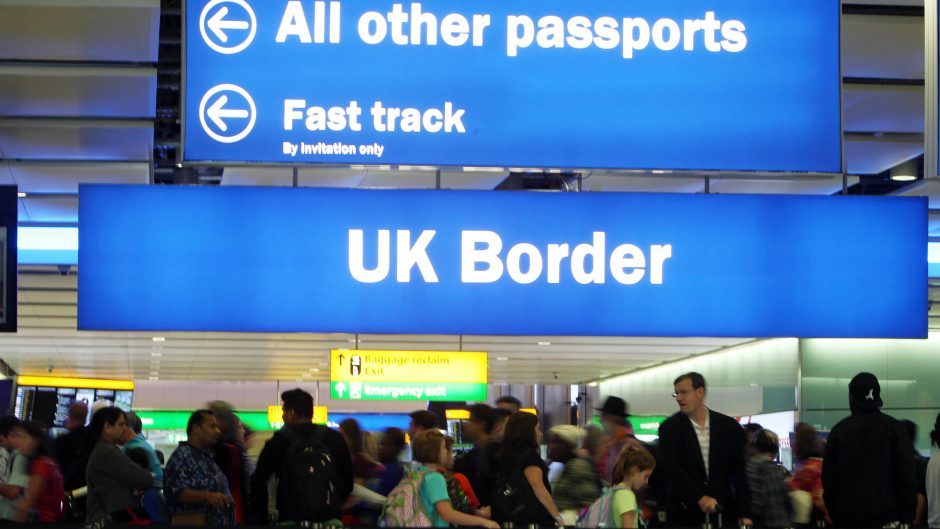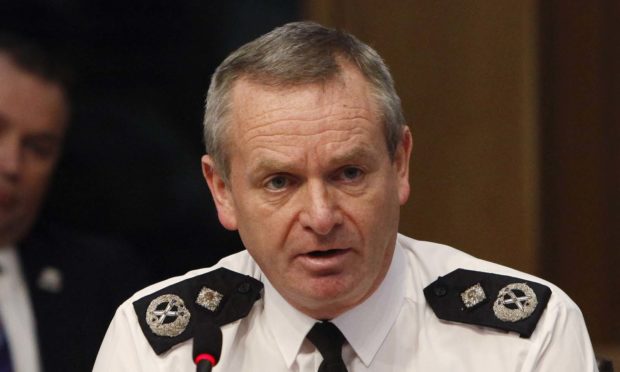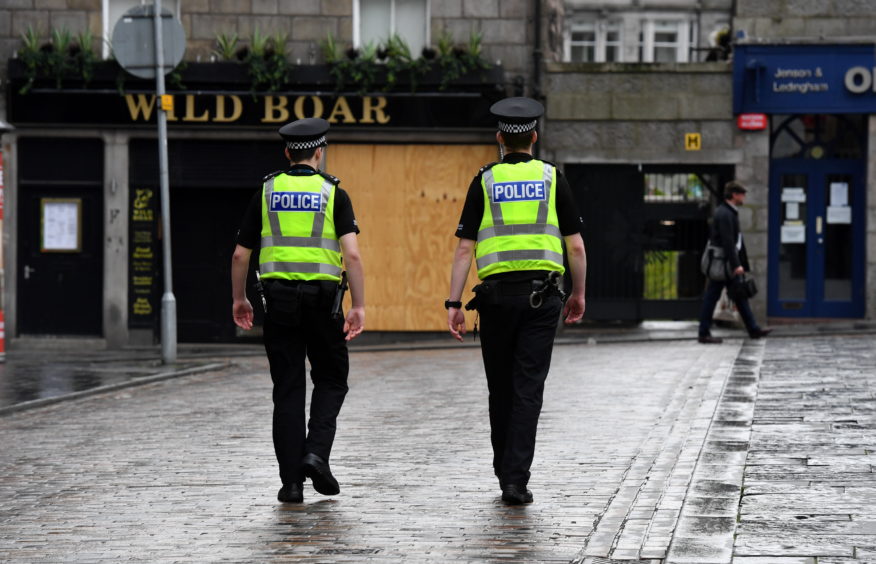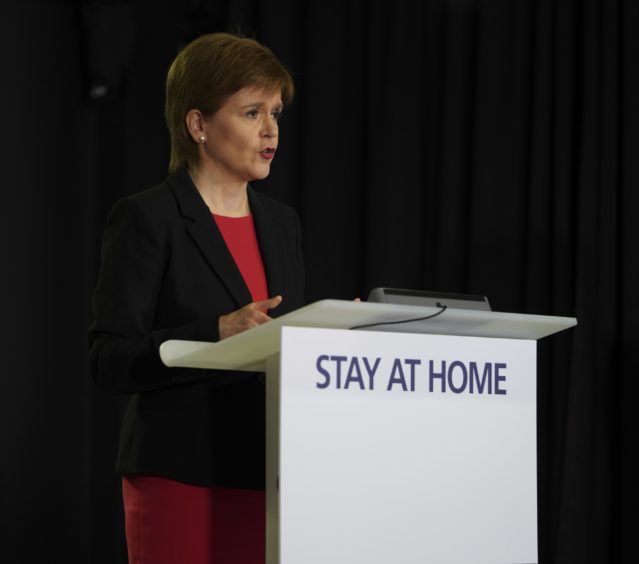The top police officer in Scotland has expressed “reservations” about controversial new coronavirus quarantine rules, and revealed his officers would only play a limited role in enforcing them.
Chief Constable Iain Livingstone told MSPs the police would act as a “backstop” when it comes to ensuring that people who have entered the country from abroad isolate for two weeks.
He also revealed that the guidance for officers was still being completed on Tuesday, despite the quarantine regulations coming into force on Monday.
The border rules have been set by the UK Government, although devolved administrations are responsible for much of the enforcement and compliance.
People who fail to comply can face a £480 fine in Scotland, which is lower than the £1,000 penalty in England.
I had reservations about the demands potentially being put on policing. I also had reservations about that relationship of trust.”
Chief Constable Iain Livingstone
Holyrood’s policing subcommittee had already heard doubts from the Scottish Police Federation about whether the rules would be enforceable, however, and the group of MSPs was told on Tuesday by John Scott QC, chairman of a police advisory group on coronavirus powers, that they were a “mess”.
Mr Livingstone admitted it had been a “difficult” and “challenging” process, as he gave evidence to the same committee.
“I had reservations about the demands potentially being put on policing,” he said.
“I also had reservations about that relationship of trust, about, if you like, the police knocking on people’s doors who in essence were not committing any level of offence, were not committing any level of harm.
“But it’s a balance that was to be struck because of the public health imperative.

“So I think it has been difficult for the legislation to be implemented. I think the speed of it has been a challenge, and the awareness and understanding.
“We are still working today; in fact, this very morning I was speaking to former senior colleagues who are in the process of providing guidance for our own officers and staff on adapting the regulations, albeit they came into force yesterday.”
Mr Livingstone, who was giving evidence to a virtual meeting of the committee, also revealed that about 200 of 1,500 tested police officers had been found to have coronavirus, and that absence rates were currently at about 3.5%, which was a record low since the creation of Police Scotland.
On enforcing the quarantine rules, he described the role of the police as a “backstop”, with Public Health Scotland being tasked with making contact with those isolating.
He said: “I’ve got to say I think it has to be a relatively light touch approach in that regard, in terms of the capability and power that Public Health Scotland would have, and they would seek to encourage people to comply with that quarantine as best they can.
“If it arises that somebody has not complied, Public Health Scotland will not contact Police Scotland. We will not be tasked from public health capabilities in Scotland to thereafter go and direct inquiries with a view to a level of enforcement.
“Where Police Scotland will come into play is where we’re contacted by members of the public, or some other third-party group, that says ‘an individual has just arrived back, I know they’ve just come back in from Germany or the United States or wherever, they don’t seem to be adhering to the 14-day quarantine and that is causing concern’.
“We will take a note of that and may then have to make some inquiries, we might make contact with them ourselves, make a visit around that.”
First Minister Nicola Sturgeon was asked about the remarks, and the late unveiling of the rules in Scotland, at her daily coronavirus briefing on Tuesday.
“We had very complex issues to work through to make sure that the proposals were ECHR (European Convention on Human Rights) compliant, and to make sure that we had taken into account all of the things we had to take account of,” she said.
“We also had to be mindful of the decisions that were being taken at UK Government level because they have, for obvious reasons, been in the driving seat of some of the development of this policy, and make sure that that fitted within our distinctive system of criminal justice.”
The first minister added: “We have very deliberately tried to make sure, in how we look to enforcement here, that we are not overburdening the police.
“That is partly for a resource reason but also because we don’t want what is a public health measure to be too driven by criminal enforcement, we want to be much more led from the health imperative.”


